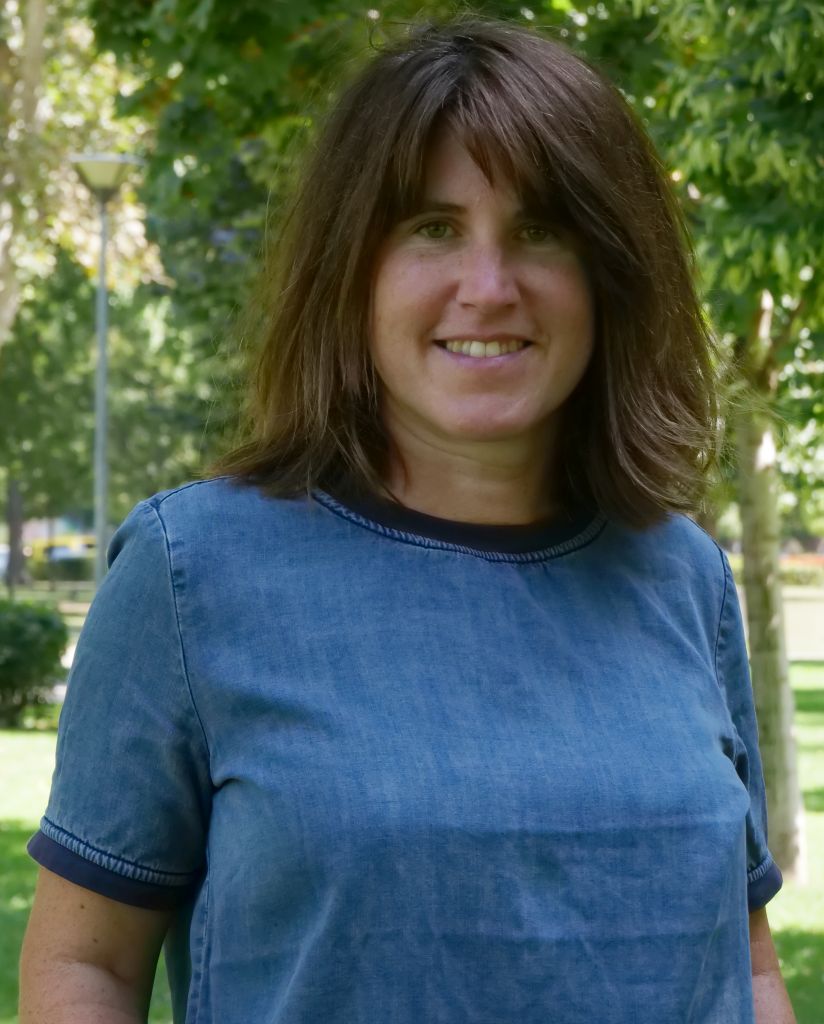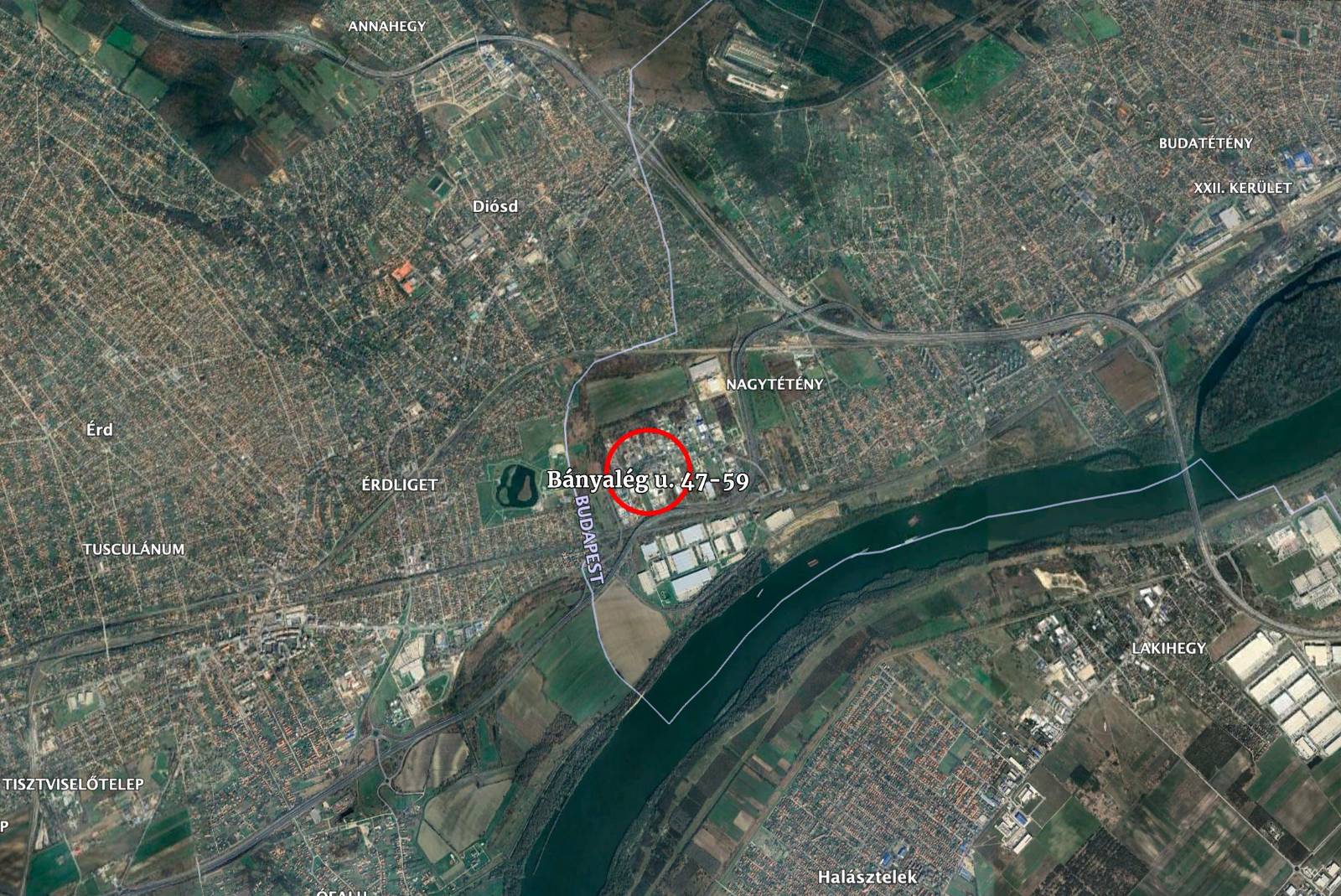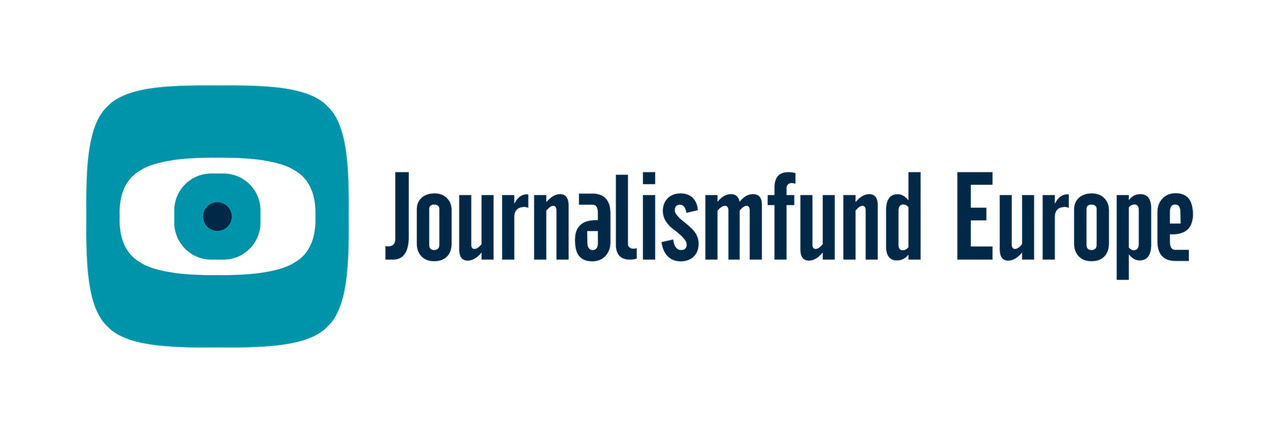The https://english.atlatszo.hu use cookies to track and profile customers such as action tags and pixel tracking on our website to assist our marketing. On our website we use technical, analytical, marketing and preference cookies. These are necessary for our site to work properly and to give us inforamation about how our site is used. See Cookies Policy
Billionaire banker Sándor Csányi dominates the Hungarian glyphosate industry
Sándor Csányi, a figure with close government ties and long ranked amongst Hungary’s wealthiest individuals, has emerged as the country’s top player in the glyphosate market. His agricultural conglomerate reportedly uses such large volumes of the herbicide that it became economically viable for him to begin manufacturing it in-house.
As previously reported, glyphosate — the controversial active ingredient in many herbicides — has been detected in Hungarian rivers, lakes, groundwater, and even tap water.

Over the past two years, the glyphosate-based product Fozát 480 has become the best-selling herbicide in agricultural supply shops across Hungary. Fozát 480 is produced and distributed by Agro-Chemie Kft., a company owned by Csányi. Despite fierce competition from global chemical giants, Agro-Chemie has managed to secure the lead position in the domestic glyphosate market. Csányi — who was for years Hungary’s richest person and is currently ranked second — has leveraged his influence and business acumen to outpace multinational rivals on his home turf.
Glyphosate is the most widely used active ingredient in agrochemicals worldwide — and also one of the most controversial. In 2015, the International Agency for Research on Cancer (IARC), a body of the World Health Organization, classified glyphosate as “probably carcinogenic to humans,” a designation that has fueled years of intense scientific and political debate. Despite ongoing controversy, glyphosate remains authorized for use in the European Union. That approval is now being challenged in court, as international environmental NGOs have filed a lawsuit contesting the EU’s decision to reauthorize the chemical.
Hungary is no exception to glyphosate’s dominance; in 2023, more than 1 million kilograms of glyphosate-based agrochemicals were sold in the country. Currently, 66 different glyphosate-based herbicides are licensed for sale in Hungary. While many of these are produced by large multinational corporations such as Bayer, Syngenta, and BASF, Fozát 480 is manufactured by a domestic firm: Agro-Chemie Kereskedő és Gyártó Kft. The company traces its roots to the former pesticide division of Chinoin Rt., a pharmaceutical firm founded in 1910.
Agro-Chemie is wholly owned by KITE Zrt., Hungary’s largest agricultural integrator. The ultimate owner of KITE is the Unity Asset Management Foundation, a private asset-holding foundation established in 2022 by billionaire Sándor Csányi.
Fozát 480 is sold primarily to the parent company KITE Zrt, which plays a central role in Hungary’s agricultural economy. As an agricultural integrator, KITE coordinates the production and commercial activities of farmers — supplying them with seeds, fertilizers, pesticides (including herbicides like glyphosate), and managing crop sales.
Given its vertically integrated business model, it is no surprise that KITE Zrt. also manufactures the agrochemicals it supplies to farmers. By producing herbicides through its subsidiary Agro-Chemie Kft., KITE effectively sells its own products to its clients—maximizing control over both supply and pricing.
Agro-Chemie was acquired in 2018 by business entities affiliated with Sándor Csányi. Since then, its flagship product, Fozát 480, has rapidly gained market dominance. By 2024, it accounted for 10.5% of all herbicides sold in Hungary, making it the country’s best-selling glyphosate-based product.
Agro-Chemie Premises Severely Polluted, Decontamination Long Overdue
However, Agro-Chemie’s production site — located in District 22 of Budapest — bears a significant environmental burden. The site has been used for chemical manufacturing for over a century, leading to extensive soil and groundwater contamination. According to official assessments, the pollution stems from historical “industrial activities and accidents” as well as “poor technological discipline.”
An official environmental damage assessment of the 33-hectare Agro-Chemie site revealed a disturbing chemical footprint.
A total of 67 contaminants were identified in the soil and groundwater—61 of them exceeding legal contamination thresholds.
The site is designated as highly sensitive for groundwater protection, and the contamination is not confined to company property. Groundwater pollution has been estimated to cover 59 hectares, affecting nearby land beyond the Agro-Chemie premises.
These findings were disclosed in decisions by the Pest County Government Office, obtained by Átlátszó through a freedom of information request.
The site’s proximity to residential areas and protected natural resources heightens the concern. Homes are located just 570 metres away, and the Nagytétény section of the Danube River—placed under local environmental protection by the Municipality of Budapest—is only one kilometre from the site. Even more alarming, drinking water wells supplying the nearby town of Érd are located just 300 to 400 metres from the contamination zone.
The damage assessment process has dragged on for years. Companies involved in the site’s decontamination were required to submit final documentation to the Pest County Government Office by January 2025. Átlátszó contacted Agro-Chemie Kft. for details on the findings, their cleanup plans, and expected timelines. As of publication, the company had not responded.
Orsolya Fülöp
Cover photo: Prime Minister Viktor Orbán and Sándor Csányi at a football match, 18 May 2019. MTI/Czagány Balázs. Supported by Journalismfund Europe.
Share:
Your support matters. Your donation helps us to uncover the truth.
- PayPal
- Bank transfer
- Patreon
- Benevity
Support our work with a PayPal donation to the Átlátszónet Foundation! Thank you.
Support our work by bank transfer to the account of the Átlátszónet Foundation. Please add in the comments: “Donation”
Beneficiary: Átlátszónet Alapítvány, bank name and address: Raiffeisen Bank, H-1054 Budapest, Akadémia utca 6.
EUR: IBAN HU36 1201 1265 0142 5189 0040 0002
USD: IBAN HU36 1201 1265 0142 5189 0050 0009
HUF: IBAN HU78 1201 1265 0142 5189 0030 0005
SWIFT: UBRTHUHB
Be a follower on Patreon
Support us on Benevity!



